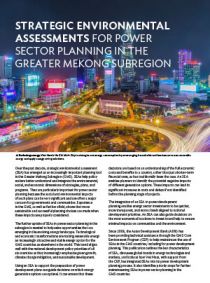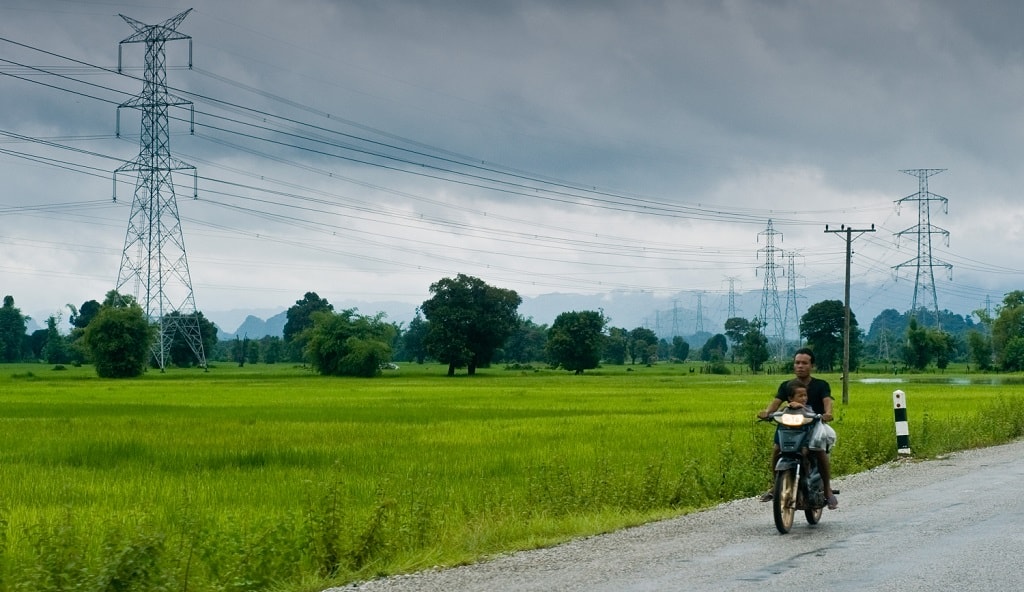Viet Nam Opens 330 MW Solar Farm
Viet Nam has switched on a 330-megawatt solar farm in the south-central province of Ninh Thuan, which makes it one of the largest solar farms in Southeast Asia. It is expected to generate 545 million kilowatt-hours of electricity per year.


